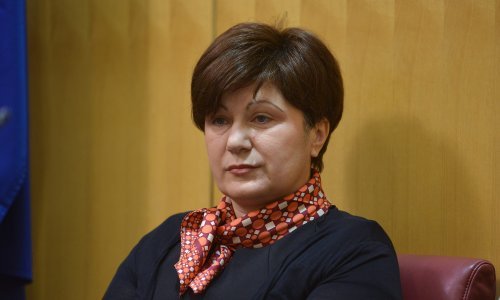World news agencies on Monday evening carried reports on the extradition of former Croatian prime minister Ivo Sanader to Croatia, recalling the corruption cases Sanader is suspected in and bringing the summary of events since his arrest in early December 2010 to present day.
News agencies reported that the extradition was carried out in secrecy and that Sanader was transported from the Slovenian-Croatian border to the Remetinec prison in a silver Mercedes van, under police escort. The reports also read that Sanader will be placed in the women's ward of the Remetinec prison, where he will not enjoy any privileges.
Recalling that he was arrested on an Austrian highway on December 10, a day after the Croatian parliament lifted his immunity from prosecution, Reuters said that Croatian prosecutors have launched five anti-corruption probes against Sanader, including one to investigate suspicions he was behind a plan to create slush funds for his conservative HDZ party during his term as prime minister.
"Further investigations may take several months before Sanader is either indicted and sent to trial, or cleared," Reuters said.
Reuters also said that under Prime Minister Jadranka Kosor, Croatia completed EU entry talks last month, after pushing through anti-corruption reforms, and hopes to become a member in mid-2013.
"Its anti-graft efforts will continue to face EU scrutiny while its accession treaty is being drafted in Brussels in the coming months," Reuters said.
Citing extradition details, France Presse recalled that Sanader was the highest ranking Croatian official suspected of corruption and abuse of office since Croatia gained its independence in 1991. AFP said that the investigation will show if Sanader received a EUR 10 million bribe from the Hungarian oil giant MOL in exchange for a majority share in the Croatian oil company INA. AFP also said Sanader is suspected of abuse of office in connection with the Fimi Media case.
The Slovenian news agency STA brought the chronology of events since Sanader's arrest to present. STA also cited anti-corruption investigations against Sanader.
The reports on Sanader's arrest were also carried by the Italian news agency ANSA and Serbian news agencies Tanjug and Beta.
The Financial Times also carried reports on its website about the extradition of Croatian ex-prime minister, recalling that Sanader resigned abruptly in July 2009, before serious allegations against him had surfaced. His chosen successor and former political protégée, Jadranka Kosor, soon turned against him, launching a high-profile anti-corruption campaign to prove Croatia’s EU readiness.
"His chosen successor and former political protégée, Jadranka Kosor, soon turned against him, launching a high-profile anti-corruption campaign to prove Croatia’s EU readiness," FT.com said.
It also recalled that Croatia received approval from EU member states last month to become the bloc’s 28th member in July 2013. But some member states, including the Netherlands and the UK, still insist on seeing a “track record” of high-level prosecutions and convictions to prove the effectiveness of Croatia’s recent judicial reforms, FT.com said.
The Financial Times also brought the list of scandals Sander is suspected of. "The so-called Fimi Media allegations – along with several other corruption and money-laundering investigations open against Mr Sanader – have come to symbolise Croatia’s ruthless purging of its own political elite in order to complete tough accession talks with the European Union.



































